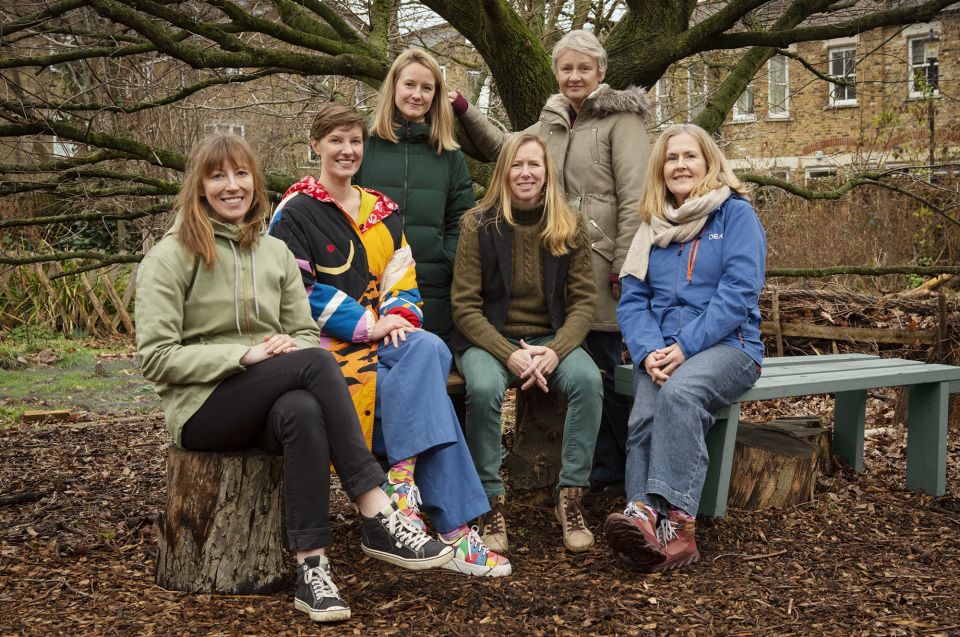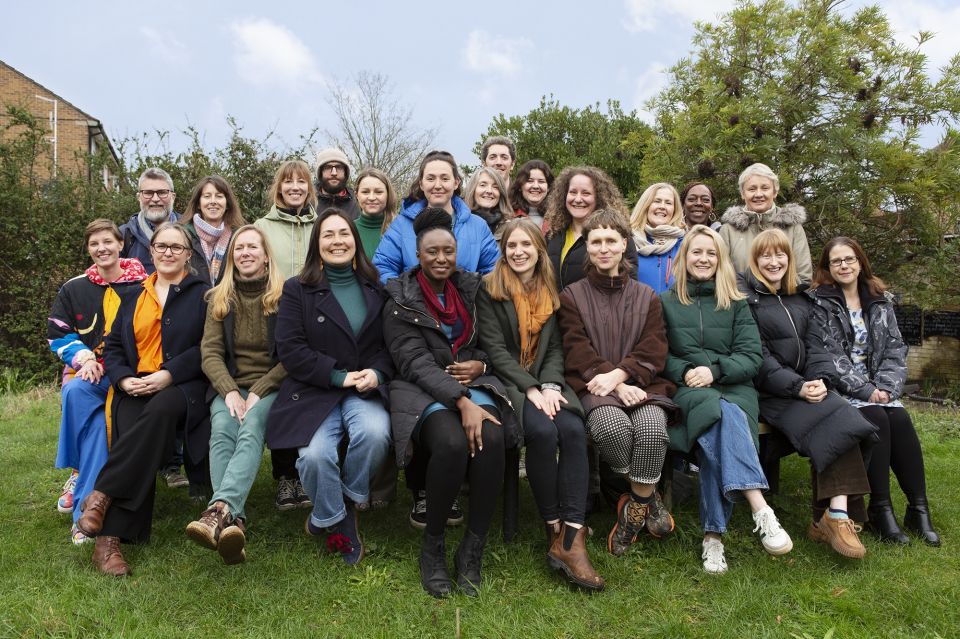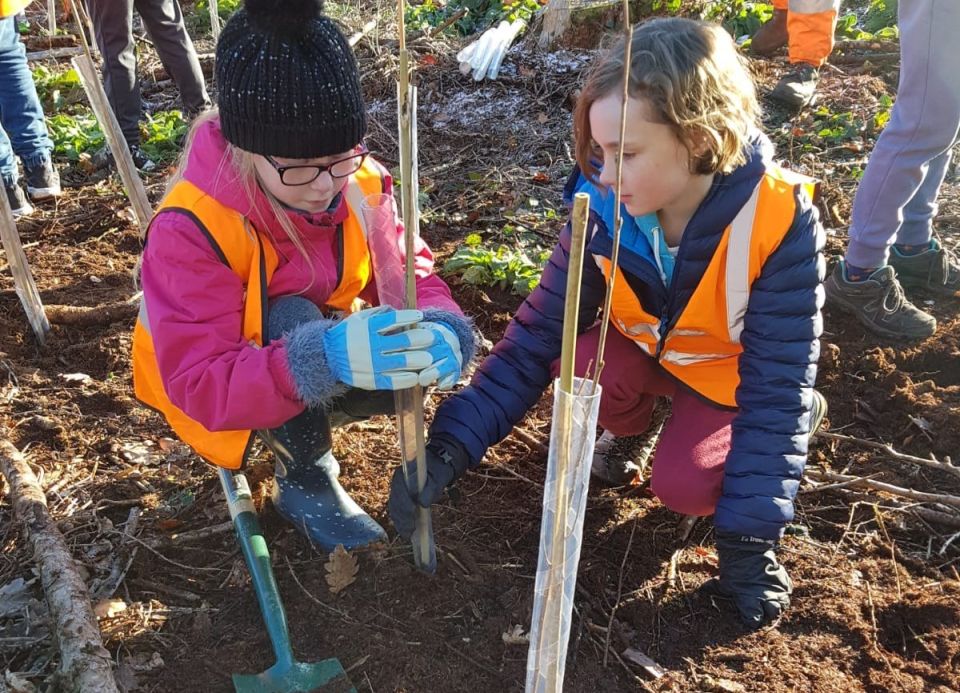Bucking the trend: the women leading the fight for urban trees

For the last 30 years, we've stood for contributing towards equitable green urban landscapes, accessible to all, with the mission to improve the lives of people in towns and cities. In recent years, this vision has only been sharpened by the social and environmental crises, with injustices impacting the most vulnerable. We believe it’s everyone’s right to have access to nature regardless of demographic.
Equitably speaking, what has changed is a welcome shift towards seeing more women in leadership positions, both charity sector-wide and within our organisation. Last year, we hired our second woman CEO to date, Kate Sheldon, and welcomed three new women directors, resulting in a fully female-fronted leadership team, a first for Trees for Cities.
Changing the gender narrative
According to a Pro Bono Economics Report released last year, whilst women make up 68% of UK charities, only 56%-63% of said charities are led by women chief executives. This 5-14% difference is not insignificant when talking about, and implementing, fair representation.
So, this International Women’s Day, we are celebrating the women at the top (of the trees), whilst asking: why are organisations like ours still outliers in 2024?
If we zoom out and factor in the private sector, Chartered Management Institute 2023 research tells us that women hold less than two in five senior management positions. According to LinkedIn, women make up only 30% of UK leadership roles.
An accessible workforce to all
Our aim should be for sustainability organisations and businesses to have a diverse and inclusive workforce that is equally accessible to everyone. It’s our hope that we can inspire other organisations to hire on an equitable basis, offering equal opportunities to men and women alike, on a best-fit-for-role basis.
Kate Sheldon, CEO at Trees for Cities

On the ground, our urban forest team planting the trees are also predominantly women, combatting gender stereotypes on who is perceived capable of physically-demanding jobs.
It’s great for young children at our volunteering events to be able to see women in these positions. I’m aware this isn’t reflective of the rest of the industry, so it would be great to see more equity across the industry of women in all roles at all different kinds of organisations.
Georgie Logan, Senior Manager of the Urban Forest team

Benefits of better representation
There are a multitude of benefits to hiring a diverse workforce. For instance, learning how a range of people experience our shared problems leads to more creative solutions for the environment. We're always striving to do better, extending to challenging unconscious biases beyond gender. Our Equity, Diversity and Inclusion Committee focuses on areas for improvement, chaired by Carrie Hume, Development & Partnerships Director.
In line with this year’s International Women’s Day theme of #InspireInclusion, we want to share our story with as many people as possible to help ignite further change. Follow us on social media @treesforcities and share what you love, and find out more about our women behind the trees.
Donate to Trees for Cities and together we can help cities grow into greener, cleaner and healthier places for people to live and work worldwide.
Donate